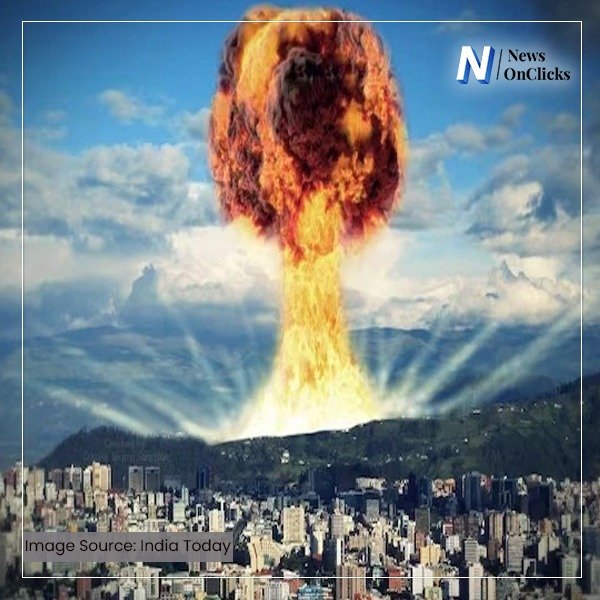
Every year on August 6th, the world pauses to remember Hiroshima Day, marking the devastating event in 1945 when the United States dropped an atomic bomb on Hiroshima, Japan. This catastrophic event led to the deaths of approximately 70,000-80,000 people instantly, with tens of thousands more succumbing to injuries and radiation exposure in the following weeks and months. The bombing not only decimated the city’s infrastructure but also left lasting scars on the survivors, known as Hibakusha, who faced severe health issues and psychological trauma.
Hiroshima Day: Historical Context
On August 6, 1945, during the final stages of World War II, the U.S. deployed a B-29 bomber, Enola Gay, to drop an atomic bomb, nicknamed “Little Boy,” over Hiroshima. Exploding 600 meters above the city, the bomb unleashed an immense blast wave, searing heat, and deadly radiation. The destruction was unprecedented, turning Hiroshima into a landscape of ruin and human suffering. Just three days later, a second bomb, “Fat Man,” was dropped on Nagasaki, leading to Japan’s surrender on August 15, 1945, and the conclusion of World War II.
Significance and Reflection of Hiroshima Day
Hiroshima Day serves as a poignant reminder of the horrors of nuclear warfare and the urgent need for global disarmament. The theme for Hiroshima Day 2024 is “Together with the Hibakusha, let us achieve a nuclear weapon-free, peaceful, and just world—for the future of humankind and our planet.” This theme underscores the collective responsibility to remember the past while striving for a future free from the threat of nuclear annihilation.
The observance of Hiroshima Day involves various ceremonies and events aimed at remembering the victims and advocating for peace and disarmament. Peace marches, educational seminars, and memorial services are held worldwide, engaging communities in a shared commitment to prevent such tragedies in the future. These activities foster a global dialogue on the ethical and moral implications of using nuclear weapons, promoting a culture of peace and conflict resolution.
The Humanitarian Consequences
The impact of the Hiroshima bombing extends beyond the immediate loss of life. The survivors, or Hibakusha, have endured lifelong health complications and psychological distress. The radiation exposure led to an increase in cancers, birth defects, and other severe health issues. The Hibakusha’s stories are a testament to human resilience and the enduring consequences of nuclear warfare. Their experiences highlight the need for compassionate and informed discussions on disarmament and the ethical use of scientific advancements.
Promoting Global Peace and Cooperation
Hiroshima Day is not only a day of remembrance but also an opportunity to educate and inspire action towards a peaceful world. Reflecting on the past helps us better understand the catastrophic potential of nuclear weapons and underscores the importance of international cooperation in ensuring we never use such weapons again. The day encourages nations to commit to disarmament treaties and work collectively towards a safer, more just world.
In conclusion, Hiroshima Day 2024 is a solemn reminder of the past and a call to action for the future. Today, we honor the memories of those who perished, support the survivors, and renew our dedication to creating a world where we consign the horrors of nuclear warfare to history. Through education, reflection, and advocacy, we can strive towards a peaceful and nuclear-free future.









